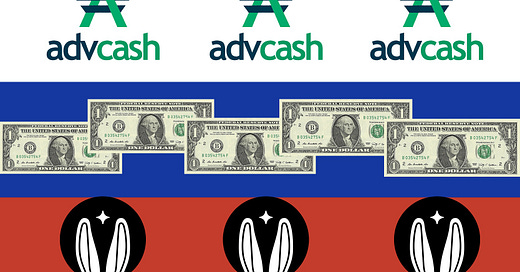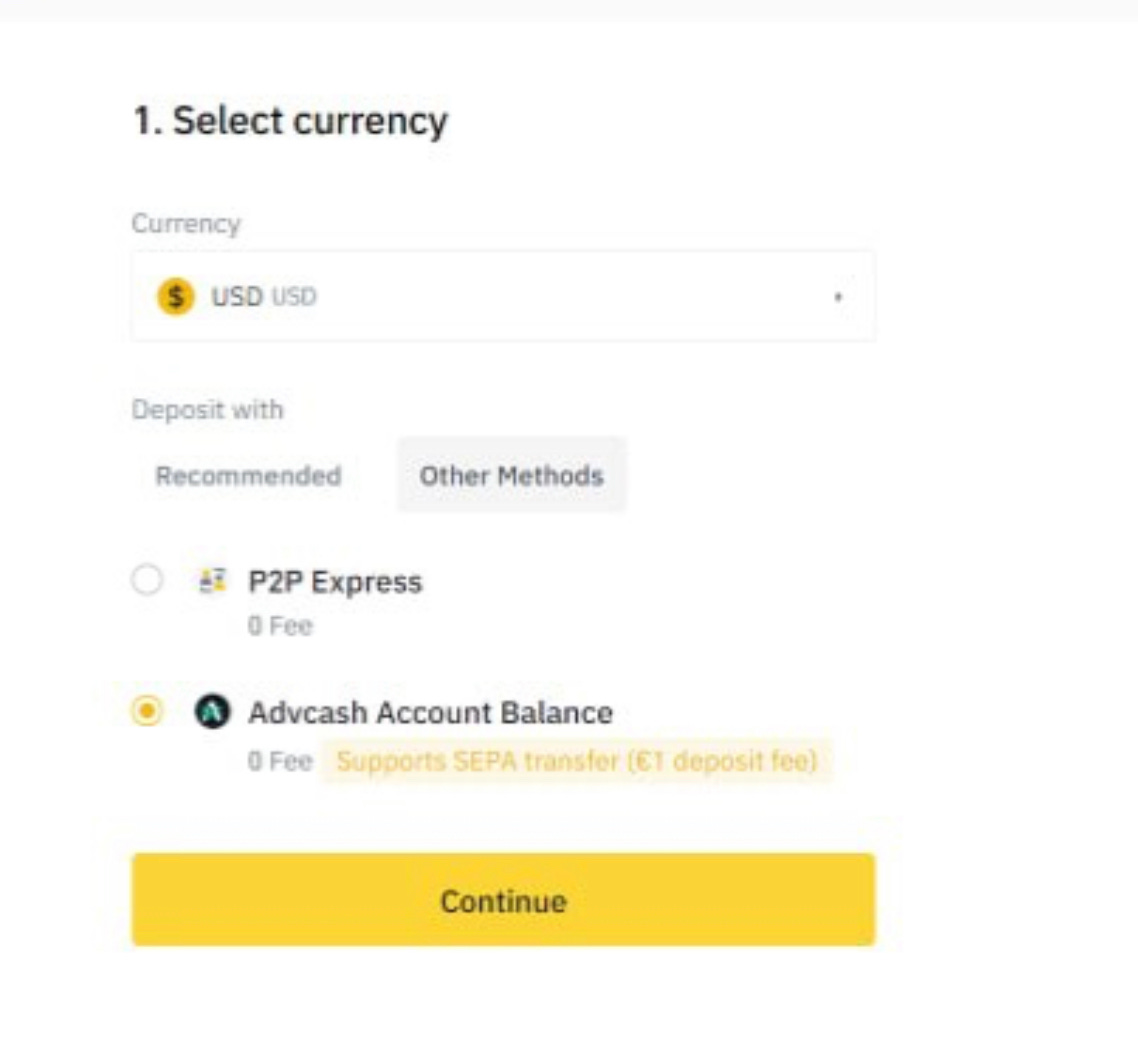The Russian-Linked Payment Processors Feeding the Crypto-conomy
Binance, Huobi, Nexo, and other major cryptocurrency firms are partnered with a pair of Russian firms tied to a 2018 ICO scam
Crypto Capital Corp occupies an infamous place in crypto history. A Panamanian payment processing firm founded in 2013, Crypto Capital was led by a former co-owner of the Minnesota Vikings named Reggie Fowler. In the background were two Israeli-Panamanian siblings, Oz and Ravid Yosef, who provided expertise in setting up shell companies in offshore jurisdictions. By 2017, Crypto Capital had established a dominant role servicing the crypto industry. Bitfinex, Kraken, BitMex, and the infamous QuadrigaCX were all clients who used Crypto Capital to handle customer transfers of real currency. The exchanges often maintained large deposits with their shadow bank as they didn’t have legitimate banks to house the funds.
Unfortunately, in late 2018, these exchanges began experiencing significant difficulties in accessing money held with Crypto Capital. In mid-2019, it became clear why: U.S. authorities had seized some $850 million held by Crypto Capital as part of an investigation into money laundering. Subsequently, Mr. Fowler (a former co-owner of the Minnesota Vikings) was arrested and later convicted on charges of fraud. The Yosef siblings were indicted but apparently remain at large.
One might wonder: With the collapse of Crypto Capital, how did cryptocurrency exchanges continue to access the real world of finance? The problems faced by these companies were partially solved as crypto found more mainstream acceptance, with major banks in regulated jurisdictions taking on these firms as clients.
However, crypto firms often prove to be too hot to handle for traditional banks. For example, just a few days after we proved Signature Bank was providing services to Binance through a shell corporation, Signature limited Binance’s transfers to >$100,000, essentially cutting the exchange off of dollars from retail customers.
Due to these challenges, many crypto exchanges have continued to partner with questionable offshore payment processing entities to do business. We believe we have discovered one of the major firms providing these services today: Advanced Cash Limited (Advcash).
Advcash’s clients include the crypto exchanges Binance, Huobi, OKCoin, and the Nexo crypto lending firm. It turns out this company, while legally domiciled in Belize, actually appears to be operated out of Eastern Europe and Russia. Its founder and CEO is tied to at least one failed cryptocurrency scheme. And it turns out that another major crypto payments firm shares links to both Advcash and to the same crypto scam…
Advanced Cash
While investigating Binance’s links to the real economy, we discovered Advcash was one of the primary means listed by the exchange for transferring both USD and other currencies onto the exchange:
AdvCash was recently in the news due to its relationship with Binance. In April 2022, Reuters reported that Binance had a close relationship with a Russian intelligence-linked agency. AdvCash was identified as a payments processor facilitating ruble transfers to Binance:
Binance targeted Russia for expansion, noting in a 2018 blog post the country's "hyperactive" crypto community. The exchange partnered with Belize-based payment company Advcash to enable users to deposit and withdraw roubles using bank cards. Advcash said the partnership is still active.
AdvCash’s user agreement states it is based at “35 Barrack Road, Third Floor, Belize City, Belize.” Coincidentally, this address appears in the Panama Papers. It appears there are a number of entities listing this as their corporate address.
When examining Advcash’s website, they notably provide a couple different customer service numbers for questions. These numbers are for call centers located in Kazakhstan and Russia:
Of the 28 Advcash employees listed on LinkedIn, eight are based in Russia, seven in Ukraine, and three in Estonia. Advcash’s site states that some 30% of their customers are from Russia and other CIS countries.
Advcash lists partnerships with multiple major cryptocurrency exchanges, including Binance, Kraken, Huobi, and OKCoin. By reviewing these firms’ websites, we were able to independently confirm that all of these companies do business with Advcash with the exception of Kraken.
Advcash touts a special partnership with Binance on its site, stating that Advcash customers can link their Binance accounts directly and take advantage of fee-free transfers to the exchange. Binance, in return, has an entire page on their website dedicated to instructions on how to use Advcash to send and receive fiat currency from the exchange
Advcash also offers its own crypto wallet service with a linked interest-earning option. That option is offered via a partnership with Nexo, the questionable crypto lending business we have talked about before. It’s worth noting that Nexo’s offices in Bulgaria were raided only a few days ago as part of an international investigation into money laundering and sanctions evasion by Russian parties.

Advcash touts other interesting services on its site. For example, they offer a service to provide customers with International Banking Account Numbers (IBAN) to ensure that there are “no more SEPA payments to/from exchanges that your bank doesn’t like.” In other words, ADVcash is offering to assist its customers in hiding financial activity from their banks. Seems… questionable.
Advcash also offers multiple prepaid debit card options, advertising these as “a new ‘anonymous’ bitcoin debit card.” In Advcash posts to a Bitcoin forum, they discuss offering a prepaid card that can be “funded with cryptocurrency” including stablecoins:
Advcash’s CEO was an advisor to a Russian-led 2018 scam Initial Coin Offering
Advcash’s CEO is Miami-based Yaacov Bitton. His LinkedIn lists jobs at payday lending and check cashing businesses prior to starting Advanced Cash in 2011. Bitton’s LinkedIn also includes a few posts, one of which caught our eye:
Mr. Bitton was an advisor to the Native Video Box initial coin offering (ICO) in 2018. Initial coin offerings, a play on legitimate “initial public offerings” of stock, sold investors cryptocurrency tokens ostensibly linked to a new company. Native Video Box purported to be “a next-generation decentralised video distribution platform, based on cutting-edge technologies of multi-tier blockchain and deep machine learning.”
This project managed to raise over $6 million from investors. However, after successfully pulling in money the founders quickly vanished and never delivered on their promises. Investors were left holding worthless tokens, a familiar theme to anyone involved in the crypto-conomy.
The leaders of another major crypto payments service, Mercuryo, are alumni of the Native Video Box scam
While learning about Advcash, we discovered another Russian crypto payments service tied to Advcash called Mercuryo. Mercuryo boasts partnerships with many of the same cryptocurrency companies as Advcash:
Mercuryo purports to offer a full-service payments operation, taking care of everything from “liquidity” to KYC:
Advcash and Mercuryo recently announced a partnership:
Advcash, a digital currency and payments platform, has partnered with Mercuryo, a global payments infrastructure provider, to provide its users with banking-as-a-service. With Mercuryo's platform, any business can open a bank account as well as interact with and convert crypto to fiat currency, according to a press release.
It turns out that this is not the first time Mr. Bitton and the leaders of Mercuryo have teamed up, as both founders of Mercuryo were executives for the Native Video Box scam:
Some strange coincidences…
Two payments services, both closely linked to Russian parties and to cryptocurrency fraud, are providing substantial financial services to many of the biggest crypto exchanges in the world. Advcash also offers a service to obfuscate customers’ activites from their own banks.
Several of these exchanges simultaneously do business through well-recognized and regulated banks like Silvergate and Signature.
At this time, we have no evidence to suggest that Advcash or Mercuryo are engaging in illegal activities or sanctions violations. However, given their close ties to one another, to at least one previous fraud, and their critical role within the wider crypto-conomy, we think that regulators and investigators might want to take a closer look at both firms…















I’m still waiting for the Nexo domino 👀
ok